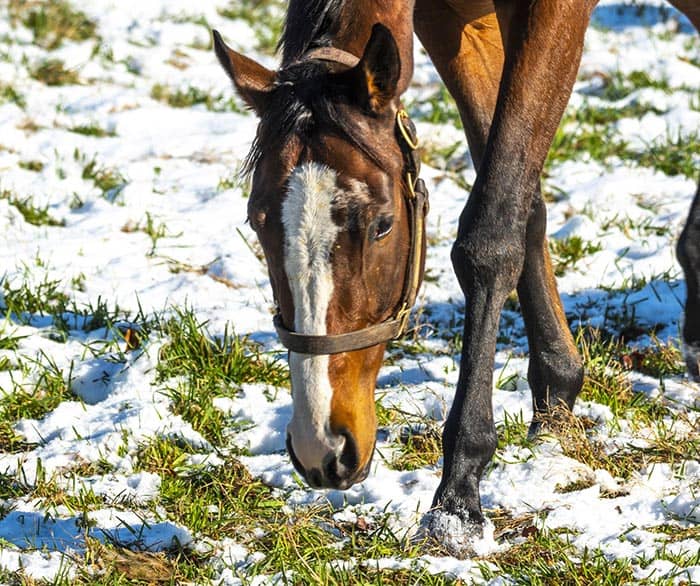
Winter Can Mean Poor Footing for Horses
Mud in horse turnouts can create topsoil erosion, increase soil compaction, and cause slip-and-fall injuries to horses. Here are options to reduce mud on your horse property.

Mud in horse turnouts can create topsoil erosion, increase soil compaction, and cause slip-and-fall injuries to horses. Here are options to reduce mud on your horse property.
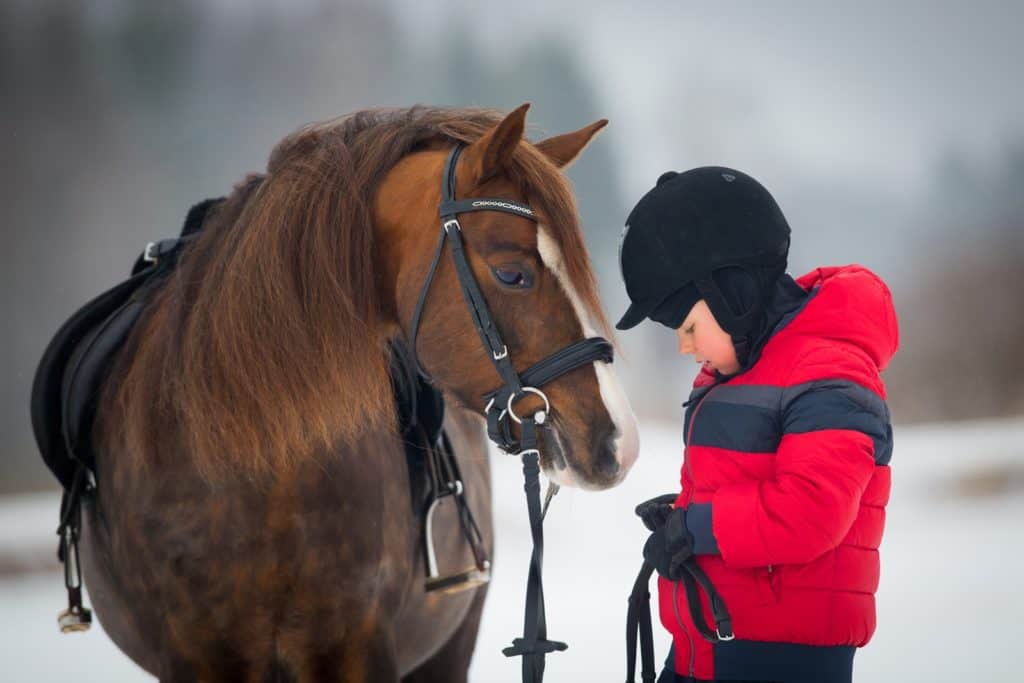
Tractors, breeches, and horse-themed jewelry might make up your wish list. But what would your horse ask Santa for?

Horses can live outside in comfort year-round with a few amenities provided by their owners.

Fertilizer prices are rising, but the investment is well worth the payoff: Fall nitrogen helps plants stay green longer into the winter, survive winter better, and green up earlier in the spring.
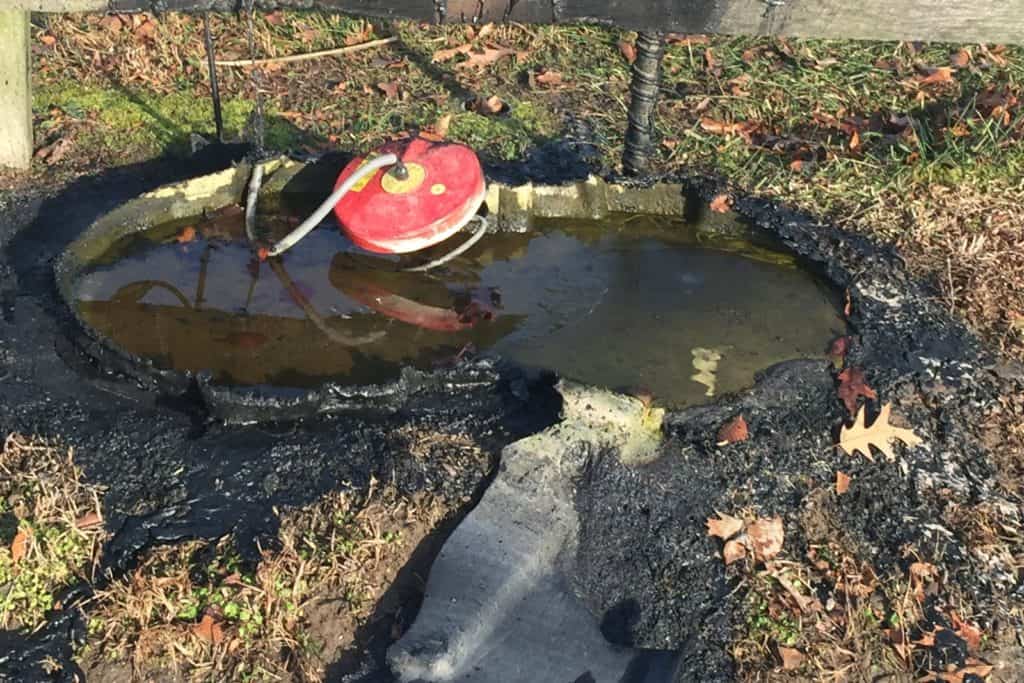
Are you using heated water buckets or troughs this winter? Stay safe with these tips.

This portable and cost-effective barrier comes in handy when managing pastures, traveling with horses, and more.

Fall is a great time to renovate horse pastures and ready them for winter.

Alternating or commingling cows with horses on pastures appears to effectively reduce strongyle burdens in both species, according to two studies.

Buttercups can cause mouth pain and blisters, drooling, oral and gastric ulcers, colic, and diarrhea in horses that eat them.

Deworming doesn’t have to be dull! Brush up on your parasite control knowledge with these expert-approved facts.

Dr. Laurie Lawrence of the University of Kentucky describes recent equine nutrition research from her lab, from deciphering forage composition to monitoring obesity. She also shares common misconceptions about feeding horses.
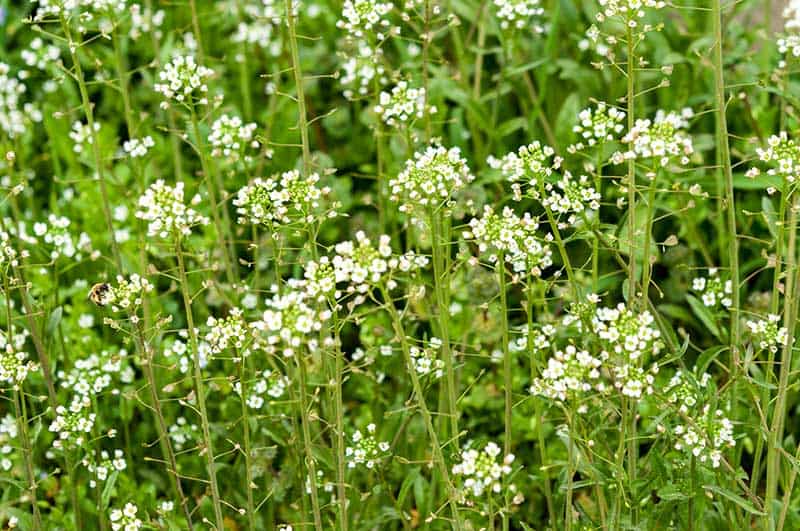
From winter and summer annuals to perennials and biennials, learn how to prevent and manage pasture weeds.

Horse owners are rightfully concerned about their horses’ lung health after wildfire smoke exposure. But can the smoke and ash also affect their pastures and forage?
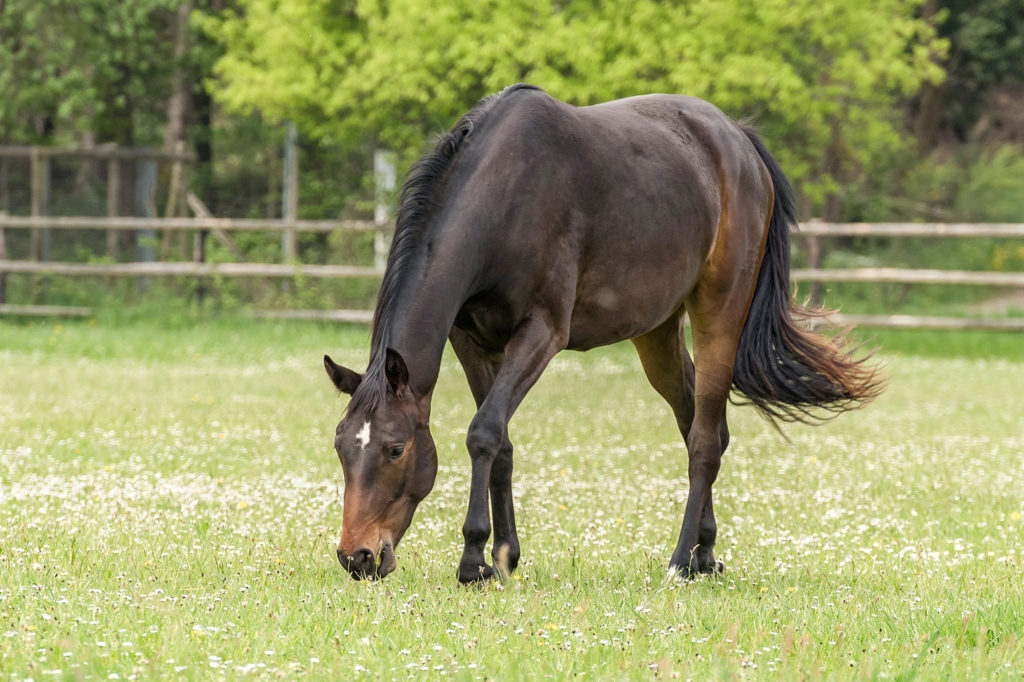
Learn about forage types and how to select the right one for your horse’s pasture.

Weed management in horse pastures requires time, dedication, and ongoing effort from farm owners, but it’s crucial for promoting healthy forage for horses to eat.

Equine nutritionists and veterinarians agree: Forage should be the cornerstone of the equine diet. Our experts answered your questions about hay, beet pulp, alfalfa, pellets, and more. Discover what they had to say! Sponsored by Standlee Premium Western Forage.
Stay on top of the most recent Horse Health news with
"*" indicates required fields